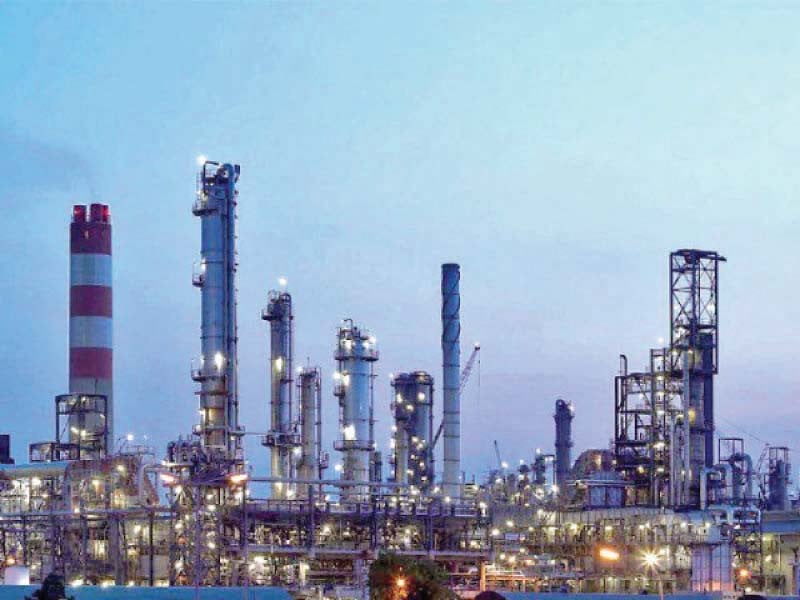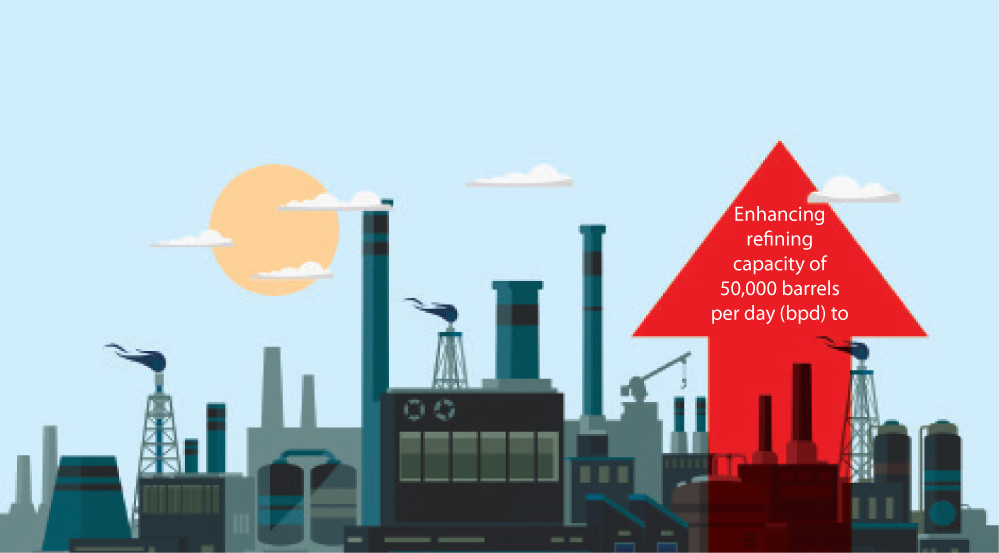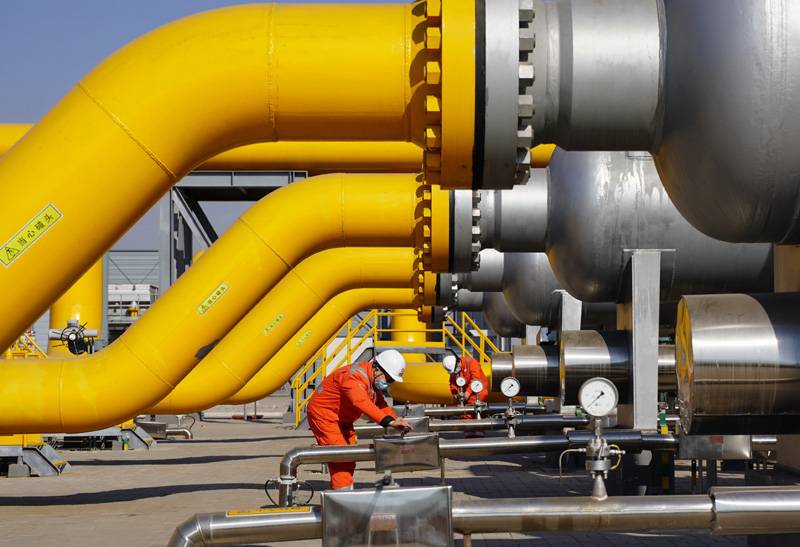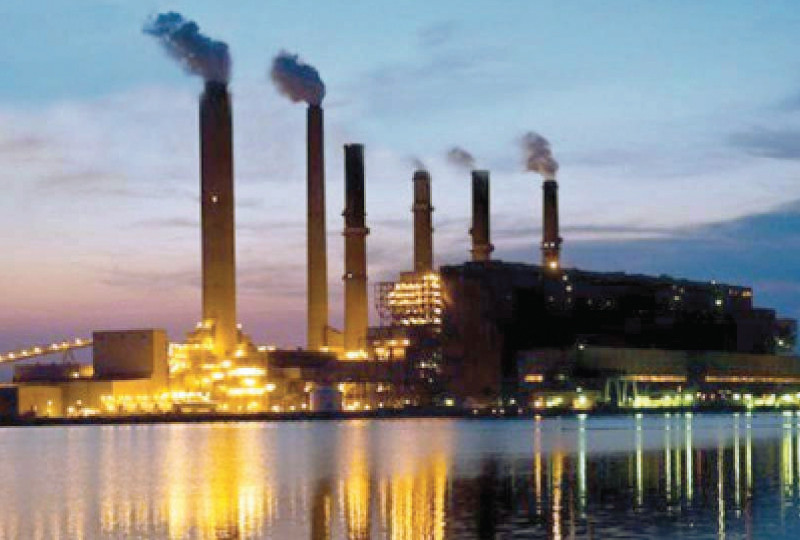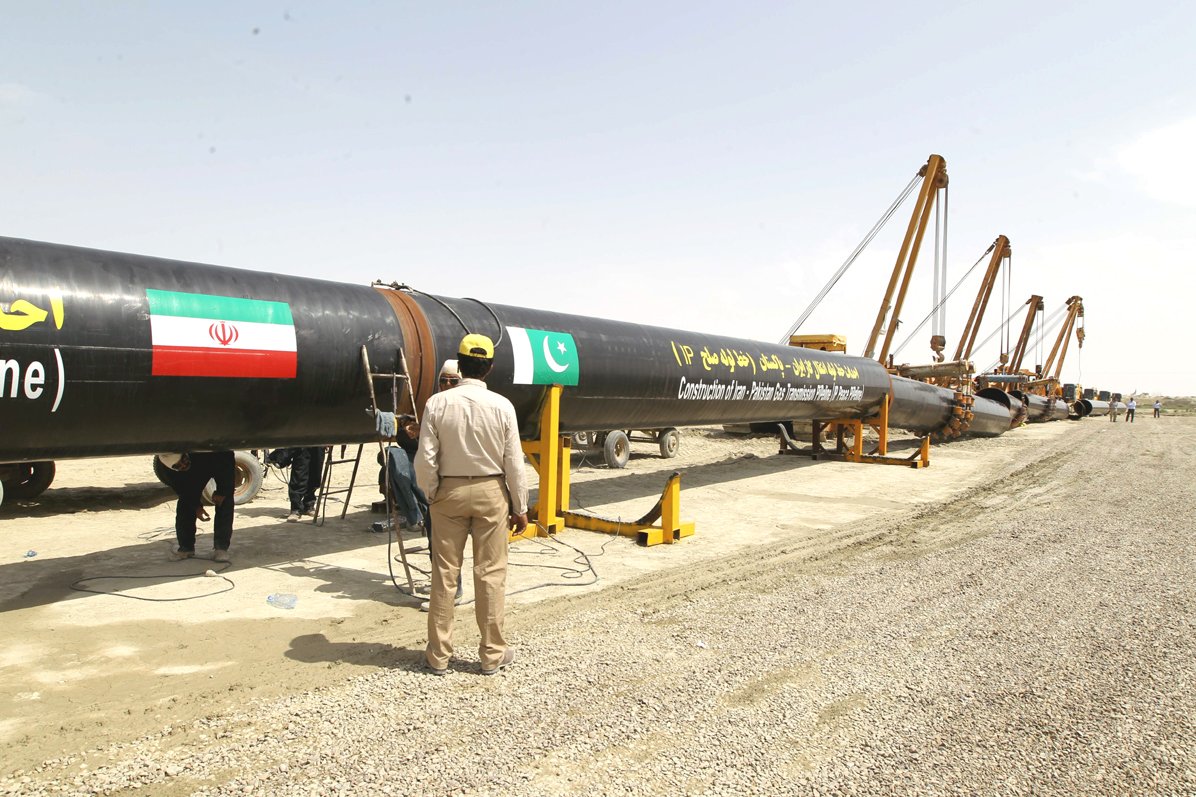Khurram Husain Published December 21, 2023
A GOOD example of how Pakistan is hunkering down further and further in the face of increasing scarcities is provided by natural gas. Pakistan has been blessed with abundant gas discoveries from a very early age, and one of the first public sector enterprises created in the country was Pakistan Petroleum in 1950.
From a country with barely any energy sources, and practically no power generation capability at birth, Pakistan built an industrial base for itself in large measure due to its abundant endowment of domestic natural gas. In fact, few people know this, but the country’s oldest fertiliser manufacturer — Engro — got its start in the early 1960s when its original parent company called Esso was prospecting for oil and found gas by accident in the Mari field, which was out in the middle of a desert at that time.
Since Esso was an oil company, they could not figure out what to do with their gas find and left it for a few years. It was not until later that somebody somewhere figured out that they could manufacture fertiliser instead, if only the government could negotiate an appropriate price with them, given that fertiliser was a controlled price product.
This was in the early to mid-1960s, and Esso fertiliser was born, probably the second fertiliser manufacturer in the country at the time. Since then, more discoveries were made, and more fertiliser manufacturers cropped up, especially in the late 1970s with the arrival of Fauji Fertiliser into the same business.
The first thermal power plants had also come up in the 1970s, alongside the large-scale hydroelectric power generation capability that was coming online between the commissioning of the Mangla and Tarbela dams, spanning the mid-1960s to the late 1970s.
The Guddu thermal power station was the earliest and largest such plant, running entirely on natural gas and commissioned in 1974. It was situated in Khandkot, almost exactly equidistant from three major population centres that it was supposed to serve: Karachi, Lahore and Quetta. It is operational to this day, although some of its turbines have been replaced since its first commissioning.
Today, almost a quarter of the gas consumed in the country is imported.
Alongside fertiliser and power generation, natural gas was also being given in large quantities to domestic consumers until the 1990s when Pakistan had arguably one of the world’s largest piped gas distribution infrastructure. Other industrial claimants arose along the way, in cement for example, and textiles, especially in processing where gas made a good fuel to power the boilers.
This is how this domestic endowment became the single most important primary fuel in the country. It may come as a surprise but our abundant endowment of natural gas actually cushioned the country from the main brunt of the various oil price shocks the world economy has had to absorb over these decades.
This is not to say Pakistan was immune to the oil shocks of the 1970s or the late 2000s. It is just to underline that the country would have been hit far harder had it not been for the natural gas endowment which absorbed at least some of the impact of these shocks.
By early 1980s, awareness was already spreading that gas pricing was going to have to change, although there was nobody in the country willing to champion this cause.
The IMF was urging such a pricing reform, but the regime of Gen Ziaul Haq was in no mood to oblige, arguing instead that doing so would have ramifications for food security, which had only recently been attained after a hard-fought couple of decades. But as the decade of the 1980s wore on, awareness kept spreading, and in the middle of the 1980s, a commission was formed with the express purpose of bringing about price deregulation across the board.
It was headed by AGN Kazi, a senior and seasoned civil servant from Ghulam Ishaq Khan’s inner circle, signalling the seriousness of intent. The commission began by looking at fertiliser, before moving into other areas like oil, and agriculture products such as wheat and cotton.
The commission failed to deregulate fertiliser pricing for a variety of reasons. The manufacturers said the price of fertiliser should be a function of the price at which a new plant will be set up. The commission found that fertiliser was linked with gas, and also food pricing, and adjusting this key price would produce large impacts on other prices. To this day, fertiliser remains a controlled price.
Then in the Seventh Five-Year Plan a new awareness began to creep in: that Pakistan’s gas reservoirs were likely to run out, and no new discoveries were being made or likely to be made. In the early 1990s, the first projections appeared showing Pakistan’s gas fields entering their period of decline around the year 2008 or 2010.
Given the number of industries that were not dependent on gas as a primary fuel, and its salience to agriculture and food production, this projection was like forecasting a catastrophe.
To avoid this catastrophe, action had to begin then, the plan warned. Ramp up exploration, curb consumption, and above all, reform pricing. None of this happened.
The pricing regime remained. No new discoveries were made that could put off the date when declines were set to begin. And instead of curbing consumption, in the early 2000s, the regime of Gen Musharraf opened a whole new sector as a claimant on domestic natural gas: vehicular fuel. And soon after that came captive power, especially for the textile industry.
The decline began on schedule around 2010. Five years later, Pakistan began importing gas for the
first time in 2015. And today, almost a quarter of the gas consumed in the country is imported, meaning it is priced on purely market terms.
So now begins a period of sharp and steep adjustments to this new reality. Last year saw massive gas price hikes. This year has seen another. Next year will see yet more. This is what happens when you hunker down rather than reform.
The writer is a business and economy journalist.
[email protected]
X:
@khurramhusain
Published in Dawn, December 21st, 2023
Today, almost a quarter of the gas consumed in the country is imported.
www.dawn.com




